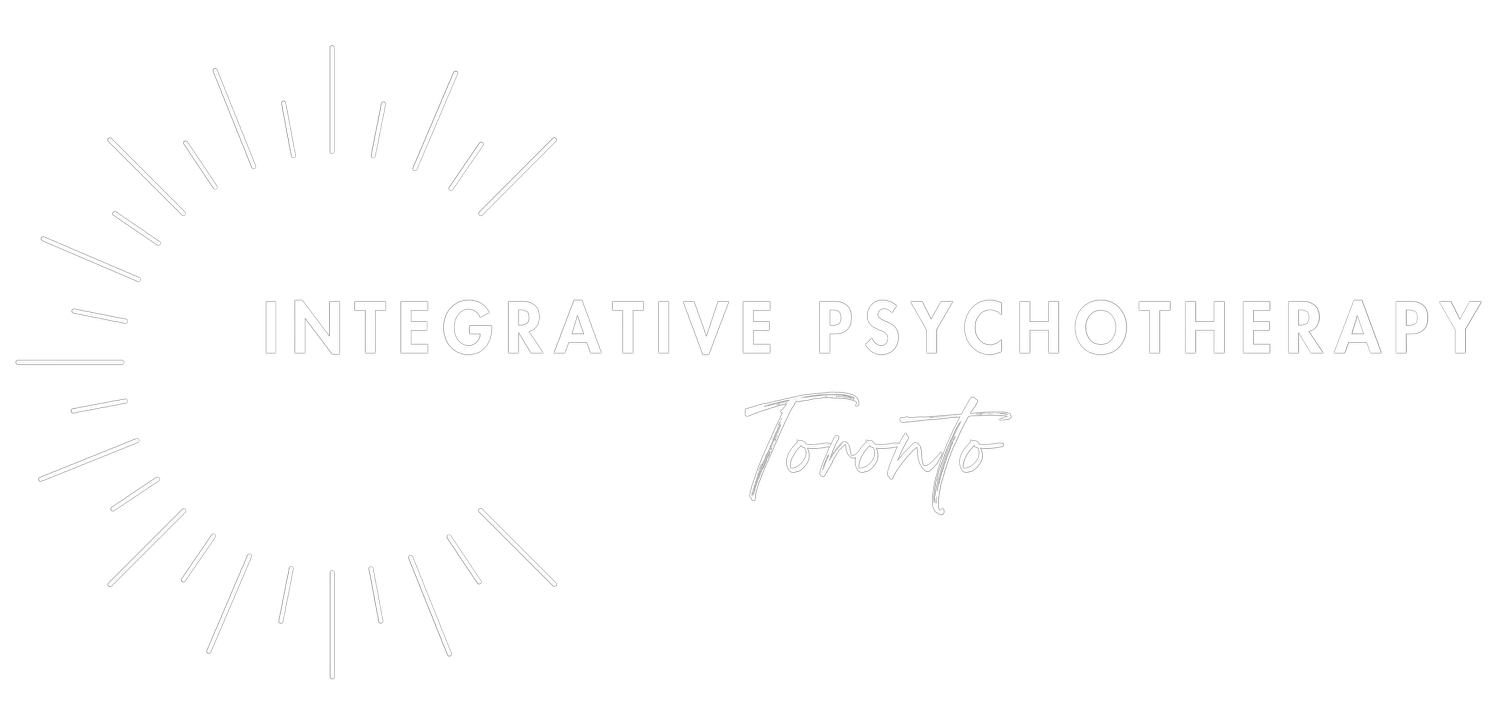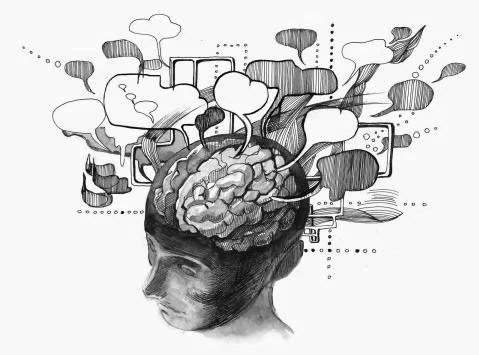Soothing the Storm: The Use of EMDR in Anxiety
Key points:
In this short form article, we take a brief look at the use of EMDR therapy in the treatment of anxiety; what EMDR is, how it can help with anxiety, and what the benefits are.
If you’re interested in a taking a deeper dive into the topic of EMDR, check out Deep Dive: EMDR, A Primer For Patients.
Anxiety can feel like a storm of worry, fear, and nervousness that is constantly raging within us, leaving us feeling overwhelmed and powerless. While therapy and medication can be effective in managing anxiety, some individuals find that traditional treatments are not enough. The good news is that Eye Movement Desensitization and Reprocessing (EMDR) therapy offers a promising approach to managing and reducing symptoms of anxiety.
What is EMDR Therapy?
EMDR is a type of psychotherapy that uses eye movements to help individuals process and integrate difficult experiences. During EMDR therapy sessions, individuals will focus on a trigger or difficult experience while their therapist guides them through a series of eye movements. This bilateral stimulation of the left and right hemispheres of the brain activates the brains natural processing mechanisms (the ones that are at work at night, during REM sleep), helping the system work through the experience.
The Power of EMDR in Managing Anxiety
EMDR works by accessing and processing the underlying root causes of anxiety - the stored memories, emotions and negative thoughts that are the source of the distress. During the therapy session, the client focuses on those underlying root causes of their anxiety while following the therapist's bilateral stimulation, such as eye movements, allowing them to process and integrate these experiences.
Think of EMDR as a lighthouse that helps guide individuals through the storm of anxiety. By processing and integrating the memories and associations that are associated with triggers, EMDR therapy can help reduce the emotional impact of these experiences, leading to a reduction in symptoms of anxiety.
The Use of EMDR in Anxiety
EMDR therapy is particularly effective in addressing symptoms of anxiety, as it allows individuals to process and integrate the traumatic memories that may be contributing to their anxiety.
As the roots of anxiety are processed, new perspectives naturally begin to form and anxiety symptom reduce. Through repeated processing, the stored memories and negative beliefs lose their power and the individual is able to experience a greater sense of calm and well-being.
Benefits of Using EMDR in Anxiety
EMDR has been shown to be an effective treatment for a range of anxiety disorders, including generalized anxiety disorder, panic disorder, and post-traumatic stress disorder. Some of the benefits of EMDR for anxiety include:
Reduced symptoms of anxiety and distress: EMDR has been shown to significantly reduce symptoms of anxiety and distress, allowing individuals to better manage their worries and fears.
Improved sleep: Many individuals with anxiety report having trouble sleeping. EMDR has been shown to improve sleep quality and reduce symptoms of insomnia, helping people get the rest they need to manage their anxiety.
Increased self-esteem and confidence: EMDR can help individuals challenge and overcome negative beliefs and experiences that have contributed to their anxiety. This can lead to increased self-esteem and confidence, which can have a positive impact on overall mental health.
Better relationships: Anxiety can strain relationships and lead to social isolation. EMDR can help individuals resolve past traumatic experiences and negative beliefs that are impacting their relationships, leading to improved communication and deeper connections with others.
Conclusion
The use of EMDR in anxiety offers a unique and promising approach to managing symptoms of anxiety. If you are struggling with anxiety, consider seeking an EMDR therapist who can help guide you on your journey to healing and reducing your symptoms. By taking advantage of this powerful therapy, you can work to soothe the storm of anxiety and improve your overall well-being.
Looking for More?
If you’re interested in learning more about EMDR, we have lots of information to geek out on! You might enjoy:







